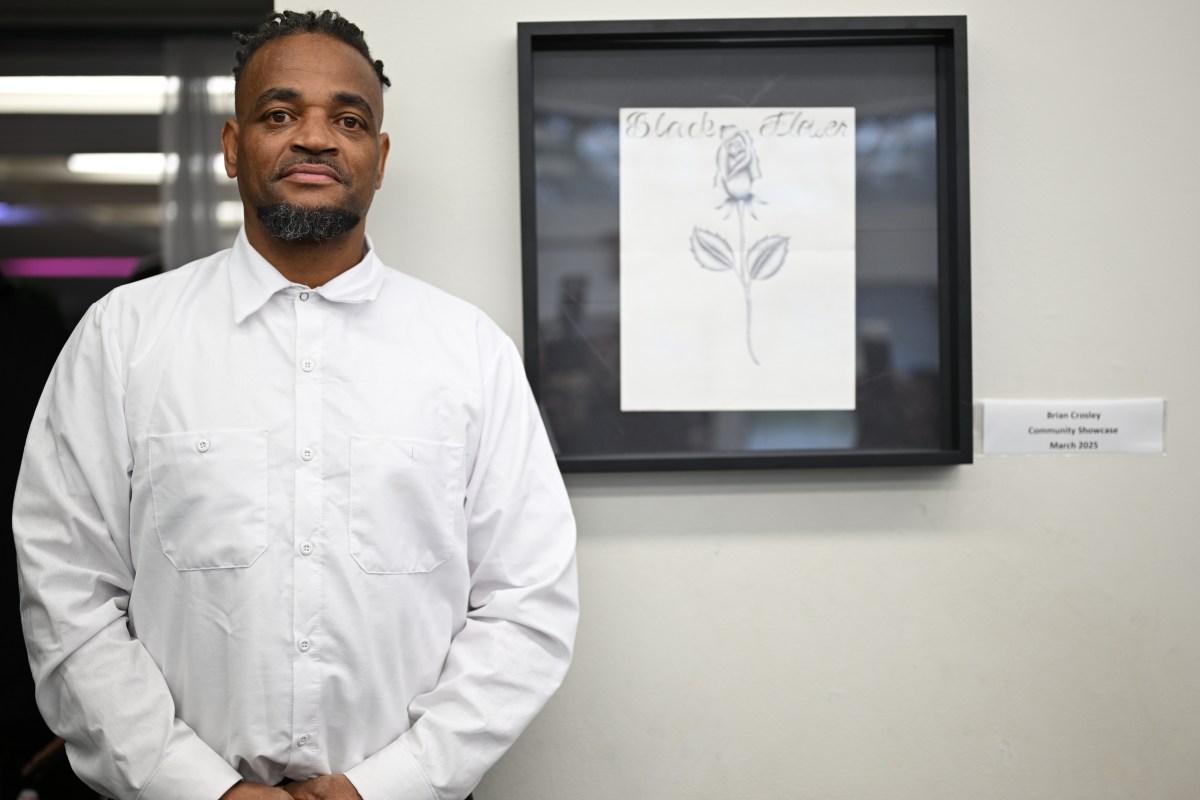Feeling stressed out? With constant pings in our pockets, 50-hour workweeks and hectic commutes it’s hard not to be. Dana Gionta and Dan Guerra, clinical psychologists, executive coaches and co-authors of “From Stressed To Centered: A Practical Guide to a Healthier and Happier You,”are on a mission to help Americans manage all of that harmful tension and anxiety, and they stopped by the 92nd Street Y in Manhattan to share some practical advice. Here’s what we learned.
Remember more stress = less success
Stress isn’t always a problem; in fact we actually need some to help us focus and perform well in high-pressure situations, like testing or writing up a report on deadline.
“At some point though, when your stress levels continue to peak and go up, what happens is [the stress] begins to undermine our performance and then that begins to decline,” Gionta explains. The loss of focus on the task at hand, meanwhile, can cause you to stress and panic further to the point where you feel completely paralyzed.
You’re probably more stressed than you think you are
It’s important to monitor stress levels and always be aware if you’re reaching an unhealthy level of stress, or “peaking.” But that’s easier said than done.
“We think we’re at a four, five or even a six on a scale of ten—ten being very, very stressed—but often we’re a lot higher and we don’t recognize that until we start to discover symptoms,” Gionta says.
We tend to think that we can manage these high levels of stress, says Gionta, “but as the stress level begins to increase in the office environment or at home… it continues on. The longer you don’t deal with it, the more of an effect it has physiologically.”
The key is to be aware of how you’re feeling and check in with yourself regularly.
You’re probably breathing wrong
Put one hand on your chest, one hand on your stomach, and breathe in and out slowly. Which hand is moving up and down more? If it’s the hand on your chest, you’re breathing shallowly and it’s not helping keep your stress in check.
“What happens with that is we wind up receiving less oxygen in our body because our breath is mostly within our chest, rather than our stomach and our diaphragm,” Gionta says.
To “trigger the relaxation response in your body,” you should practice diaphragmatic or “belly” breathing, says Gionta. “Allow it to come in almost like there’s a balloon in your stomach,” then “blow out and notice belly going into spine slowly.”
Gionta suggests practicing this type of breathing for two to three minutes a day for three to four weeks to learn to breathe like this automatically.
Guerra adds that there are even benefits to simply taking one cleansing breath when in a high-pressure environment.
“There was a study probably 20 years ago now where they trained office managers who were answering phones all day to just take one deep cleansing breath before they answered the phone,” he explains, “The secretaries and office managers [who did this] reported greater job satisfaction, their health improved, and the people on the other line didn’t even recognize their voices.”
Take care of yourself
In addition to sleep, a healthy diet, and exercise, Dr. Guerra says that setting “personal and professional boundaries” is key to prevent stress from mounting. It’s important to maintain a healthy work life balance and not sacrifice your own self-care on the road to success—that often means putting your own well being first. And if that seems selfish, know that if you’re not taking care of yourself, you won’t be able to be of assistance to anyone else either.
Guerra says that just like airplane safety instructions say to put on your own oxygen mask before helping others, you need to first look after yourself so that you are “healthy enough to be able to be there for others.”

























